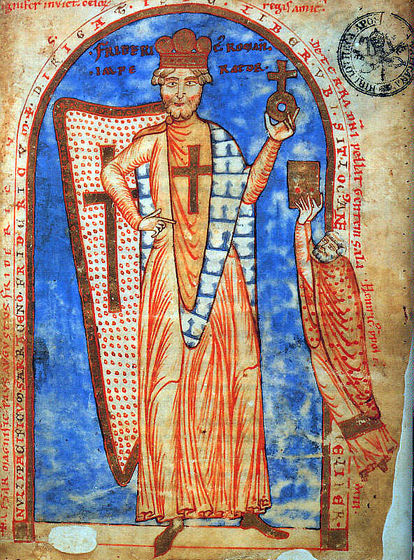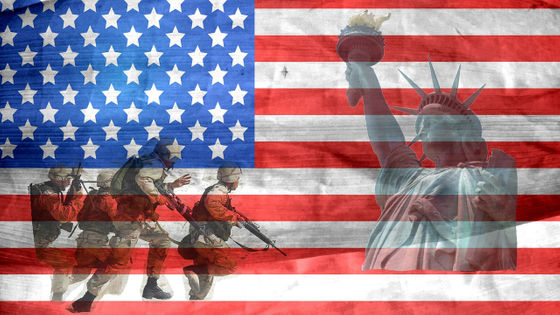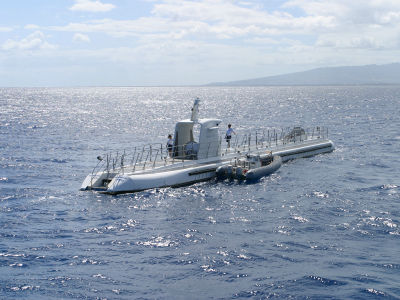How are military operation codenames determined?

Military operations are often given impressive codenames such as '
How Military Operations Get Their Code Names | Mental Floss
https://www.mentalfloss.com/article/28711/how-military-operations-get-their-code-names
The custom of giving code names to military operations is said to have started in Germany during World War I, and as radio developed, it became a major practice. This custom was inherited by Nazi Germany during World War II. It was renamed Operation Barbarossa .
Barbarossa is Frederick I , Holy Roman Emperor, and legend has it that he will rise again from his sleep to expand German authority over the Slavs of the East and establish a new German Empire. .

On the other hand, looking at the Allied side, Winston Churchill of the United Kingdom created the following guidelines for codenames, as he feared that the contents of the operation could be inferred from the operation name.
・Operations in which a large number of soldiers may lose their lives must not be expressed in jargon that implies self-confidence or overconfidence, or conversely, gives the operation a sense of tragedy. Also, the name should not be frivolous. Live human names, names of ministers and commanders should also be avoided.
・Since the world is wide and there are many intelligent people, names that suggest the characteristics of the operation or names that degrade the operation, women who have lost husbands and children are used in 'Operation Bunny Hug' and 'Operation Bunny Ho'. You can probably come up with any number of names that sound good, such as names that don't make you say that you've lost someone important to you.
・In short, proper nouns are suitable in this field. Ancient heroes, figures from Greco-Roman mythology, stars and constellations, names of famous racehorses, and names of British and American war heroes are permitted within the above rules.
In the codename of the Normandy landing operation that Churchill named himself, '
Leonard Doe, who was making crossword puzzles at The Telegraph at the time, was also the principal of the school, so he often invited children to the study to solve crossword puzzles and used them as hints to create new crossword puzzles. was And there is a military base next to the school grounds, and one of the students who heard the leaked information about the operation used the word in a crossword puzzle, so the secret about the operation was put into the crossword puzzle. He said he got lost. Daw and his colleagues, who unwittingly published the content of a major military operation in the newspaper, were arrested and nearly lost their jobs, but were later proven innocent.

After World War II, the custom of using code names spread to the United States, but the names of operations in the Korean War and the Vietnam War were 'Operation Killer', 'Operation Ripper', 'Operation Masher' and 'Operation Moorer'. (Moolah is a slang term for money)”, which would have been rejected if Churchill’s guidelines were followed.
Around the end of the Vietnam War, the US Department of Defense, fearing negative reactions due to inappropriate operation names published at the start of operations, established the following guidelines in 1972.
• Do not use belligerent language that contradicts traditional American ideals and current foreign policy.
・Do not use words that are contrary to common sense or that despise a specific group, religion, or creed.
• Do not use words that have offensive connotations to allies or other free world nations.
・Do not use foreign words, stale expressions, or well-known trademarks.
- Use two words in all names.
In 1975, when a system called NICKA was introduced to manage operation names, each organization in the U.S. military was assigned a two-letter code, and related operation names were required to begin with those two letters. . For example, since 'JA ~ JZ', 'NS ~ NZ', 'OA ~ OF' were assigned to the US Africa Command, the US Africa Command selected 'OD' that matches the third condition. . This is why the codenames beginning with ' Odyssey ' are used for operations conducted by the United States in Libya, such as
Furthermore, with the rise of cable television, the US military began to consider codenames as a public relations strategy. This has led to an increase in the use of exaggerated words in codenames such as 'Operation Restore Hope', 'Uphold Democracy' and 'Shining Hope'. rice field.

Based on this trend, the invasion of Afghanistan in the war on terrorism that began in 2001 was initially called 'Operation Infinite Justice', but it was called 'Operation Infinite Justice' because it would give a bad impression to Muslims. Operation Enduring Freedom'. The operation was also dubbed “Operation Iraqi Liberation” by the presidential press secretary in 2003, but the acronym “OIL” has made it easy prey for conspiracy theorists. rice field.
In addition, the opening 'Mermaid Dawn Operation' seems to be derived from the 'sea bride', which is the nickname of Tripoli in the Arabic-speaking world, that is, a mermaid.
Related Posts:
in Note, Posted by log1l_ks







